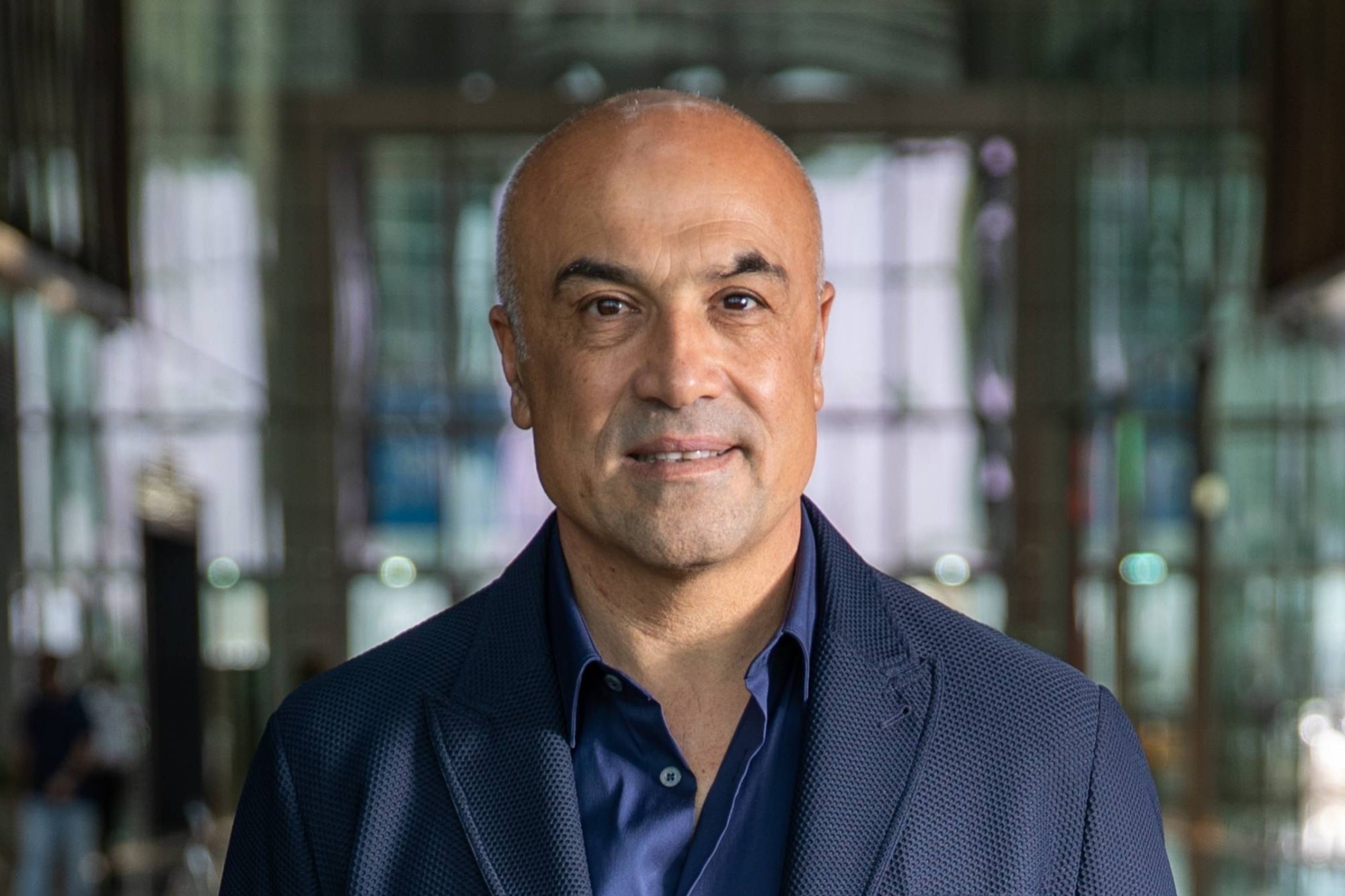How To Choose The Right Executive Coach For You Think about what sort of person you're looking for, and set out questions that you can answer.
Opinions expressed by Entrepreneur contributors are their own.
You're reading Entrepreneur Middle East, an international franchise of Entrepreneur Media.
I'm making the rather bold assumption that some of you might consider commissioning an executive coach for your professional lives. So how do you make the right choice? What are the important factors to consider in making such a decision?
I often find myself with potential clients explaining my approach and providing them with an insight into my particular style and methodology. I do this with the intention of helping them make the right choice. The reality is that it is a very personal decision, for both client and coach. It's also a very important decision, if the experience is to be a positive and fruitful one. Think about what sort of person you're looking for, and set out questions that you can answer. Do you prefer someone who will constantly push you to find your own answers? Are you looking for a more prescriptive approach- meaning that you will receive feedback and ideas on how to resolve your issues, but also persuade you to find your own ideas to make the solution your own? A tip here: a really good coach knows how and when to use both approaches.
Six Key Questions To Determine Your Best Executive Coach Fit

1. What areas am I seeking coaching support in?
For example, you may find yourself in a situation, (an acquisition perhaps), where you are experiencing challenges in the leadership of new associates. There are an abundance of "life coaches' and equally as many former executives, neither of whom are necessarily appropriate for business or organizational leadership coaching. Think carefully about what your needs are, and be clear on the areas you feel that you need support in.
2. Does my coach have relevant professional experience?
Identify a coach who has had enough experience that you feel that the person will add value. Make a choice not only on the breadth of experience they have -measured by the number of years of experience- but more importantly the depth of relevant experience. The number of years of coaching experience while on the surface is helpful, is not the only thing you should be focused on.
3. What results have they achieved?
Choose a coach who can answer questions about and evidence the results that they have helped their clients achieve. Also, present an area where you feel challenged and ask your coach how he or she would approach it. Coaching should take place to some extent right there and then, during your initial "chemistry meeting". Is the coach presenting a credible and convincing approach to your challenge, and is your intuition telling you that it would work? If so, you're probably talking with the right person. If not, move on and look for another coach– don't feel compelled to continue!
4. Are they interested in my business sector?
It sounds obvious, but make sure the potential coach has (at the very least) a basic understanding of your industry. If they don't, assess their genuine level of interest in learning about your world of work, and their ability to learn and understand it quickly. A good coach will close their knowledge-gap quickly through research and good lines of questioning.
5. Am I clear on what the contract with my coach will cover?
Ensure there is a written contract, signed by you and the coach before commencing the program. As a minimum, this should include:
- Timelines and deliverables that work for you. Most contracts are for 6-9 sessions of 1.5-2 hours each. Ideally, these are held on a monthly basis.
- A confidentiality clause or a non-disclosure agreement to protect your sensitive information.
- Reviews on progress against objectives. There should also be a review of coach performance in supporting you goal achievement.
6. Do we have chemistry?
This is the essentially the most important question from you that requires a resounding affirmative if you are going to go ahead. This is often referred to as the "Chemistry Session," a term used extensively in the coaching space. This is the first one-to-one meeting that you'll have with your potential coach. This is your opportunity to pose the five questions I've suggested, and measure the cohesion between your needs and your coach's fit. If your coach has answered your questions satisfactorily up to this point, then you need to decide if you feel comfortable with this coach. Is their style compatible with yours?
Be careful here- compatible means compatible, not necessarily the same! In fact, if you feel that you share too many characteristics, then the partnership may be too comfortable and lack the challenge that you may need to make progress. Most importantly, you need to feel comfortable enough with your coach to be able to arrive at a position of trust, otherwise you won't be able to open up and you won't get the most out of the experience. Without trust being established, the experience is likely to be of limited value to you. As we know, trust is earned, not given.
It is the coach's job to facilitate the relationship with you to reach a point where you can trust each other completely during the coaching program. Once secured, then with all of the other five boxes ticked, the coaching experience will become a true partnership that can continue beyond the completion of the coaching program. The result? A phenomenally rewarding partnership for both you and your coach.













